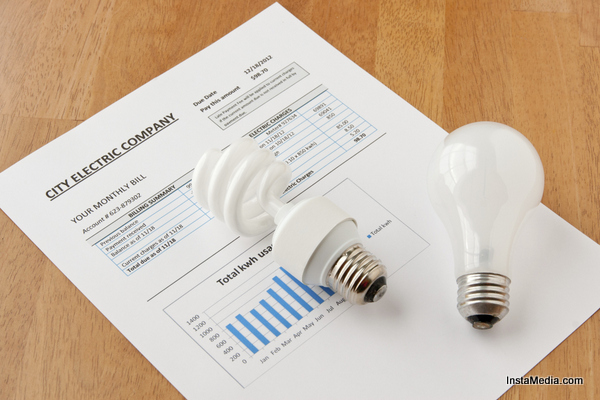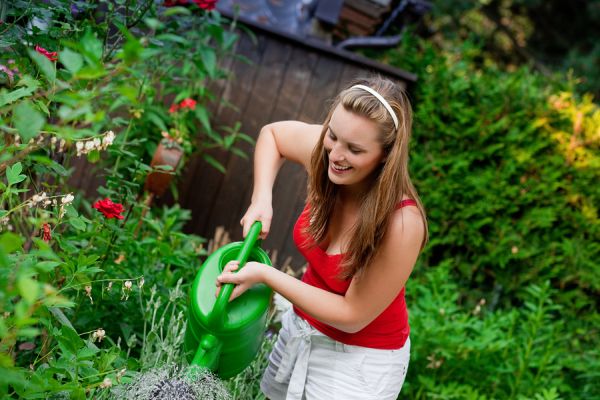Do you want to play your role in saving the planet, but, at the same time, feel overwhelmed by what you can do about the staggering number of problems faced by civilization, humanity, and life on earth? Although this may seem like a daunting, even futile, proposition, you can, in fact play a small, but nevertheless significant, role in conserving energy in your environment. “You can,” to paraphrase Mahatma Gandhi, “become the change you want to see in the world.”
Here, then, is a list of 7 things you can do today:
1. Use energy-consuming devices more conservatively. You should turn off energy using device when not in use, even those that have an energy saving mode. Each one is contributing to unnecessary energy consumption. For instance, turn off your computers when you go to bed at night, switch off lights in rooms when you are no longer occupying them, and unplug electronics like toasters and coffee makers when you leave the house.
2. Use energy efficient lighting. Chances are fairly good that you are still using high consumption light bulbs because you never gave the matter much thought. However, if you look at the new generation of energy efficient products, you’ll be quite surprised at how far green lighting has come.
3. Stop over-consuming energy. By rinsing dishes before putting them in the dishwasher, you are not making that much of a difference to the cleanliness to of your dishes. Similarly, by preheating ovens before you broil or bake, you are actually not making much of a difference to the quality of your cooking. In fact, you are doing more harm than good–wasting water and electricity. Following this line of thought, you can also set thermostats at the right temperature.
4. Use fewer natural resources. You don’t need paper bills, because you can view and pay your bills online. You don’t need plastic bags, because you can take your own cloth bags to the grocery store. You don’t need paper tickets to go to an event, because you can buy e-tickets. And you don’t need tax forms, because you can file your taxes online and keep copies in digital formats. When you think about it, there are many natural resources that you’re consuming that don’t need to be used at all to get the job done.
5. Use water more efficiently. There are many ways that you could use water more efficiently. You could fix leaky faucets, toilets, and sinks. You could wash clothes in warm or cold water and not use the hot setting. You could cut your shower time in half and replace baths with showers. You could install a water purifier instead of purchasing bottled water and save on using non-recyclable plastic bottles. You could harvest rainwater and use it to water your lawns and flowers. Finally, you could cover your pool when not in use, as this will save time cleaning it and keep the water form evaporating.
6. Cultivate habits that improve the environment. You could plant a tree, recycle your cell phone, and use public transport, carpool, or walk. You could also buy eco-friendly products, recycle products, and buy in bulk. And you could buy organic foods and locally grown vegetables.
7. You could reuse things more. You could reuse cloth diapers instead of buying disposable ones, and you could reuse plastic and bottle containers instead of buying Tupperware. You could also do other simple things like use both sides of scrap paper or open windows in the home to freshen it with fresh air instead of artificial air deodorizers.
Is It Worth It?
Although these are practical, sensible steps that anyone can do and that would make a huge difference if everyone were to do them, the reason most people don’t do them is they feel a sense of learned helplessness. This emotion arises because they feel isolated and believe that they are the only ones doing them.
How can your small effort make much of a difference?
However, there is another way to think about this issue if you’re asking this questions:
Draw inspiration from the categorical imperative of Immanuel Kant, the 18th century German philosopher, who said: “Act only according to that maxim by which you can at the same time will that it should become a universal law.”
So, conserve energy and recycle as if it were to become a universal law. Act as if everyone will begin to follow your example of doing the right thing for the common good.
Article Submitted By Derrick Manning (Community Writer).





